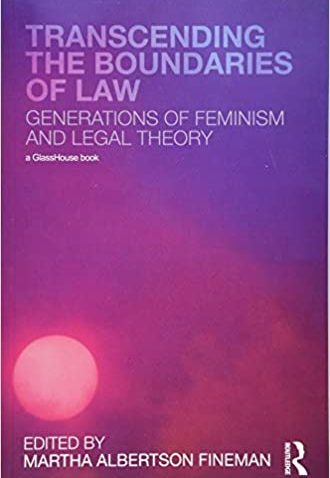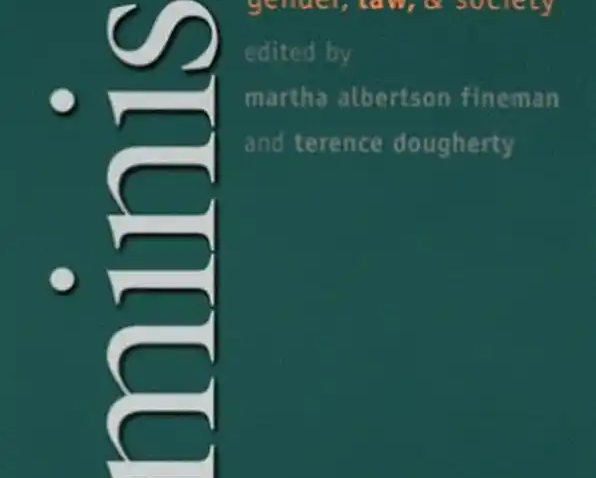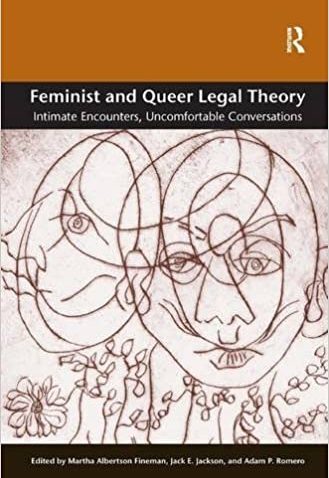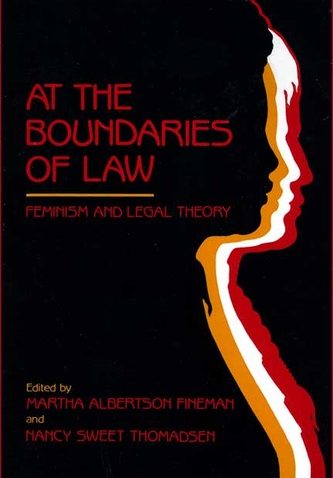by Camilla S. Jydebjerg
#agovernmentinmyname?
The hashtag #notinmyname is widely used on social media as a way to show discontent with current politics as well as to distance oneself from them. In Denmark (where I live) I have recently seen people use it to distance themselves from the government’s politics concerning refugees, especially the decision to consider areas of Syria safe. This decision has led to the suspension of the residence permits of a number of Syrian refugees. These suspensions of residence permits have been perpetuated despite international critique.
I understand the hashtag #notinmyname and I share the need to distance myself from a government that acts in ways that are thoroughly and utterly disconnected from my morals and worldviews. The question I want to broach here is if that is possible. Is it possible to distance oneself from the government or should the hashtag read #thisishappeninginmyname. After all the cornerstone of a representative democracy is that the politicians are the representatives of the people acting on our behalf. Lately, I have been pondering how we can think about government and representative democracy and indeed if the ideals of these institutions still hold through. These thoughts are inspired by my current visiting scholarship at the Vulnerability and the Human Condition Initiative at Emory University.
As part of this visiting scholarship, I have been fortunate enough to be able to participate in the classes held by Professor Martha Fineman and Postdoctoral Fellow Jennifer Hickey. In these classes the topic of government and trust in government has been debated in different ways often in connection to a seemingly growing political polarization of society and a failing of trust in government. According to the Pew Research Center only “20% of U.S. adults say they trust the government in Washington to ‘do the right thing’ just about always or most of the time.” OECD numbers show the same trend. Furthermore, 67 percent believe that most politicians are corrupt. These are shocking numbers revealing a state of government considered neither for nor by the people. This is not just an American problem as numbers across national borders point to lack of trust in national governments and a wish for a change in political systems.
Trust in the national government seems to run quite a lot higher in Denmark (76,6 percent of the Danes answer yes to having confidence in National Government in the 2020 OECD numbers). However, as the above-mentioned hashtag shows there are also feelings of discontent and distance between the Danish government and at least some of its people (e.g., me). The Danish Governments handling of COVID-19 has in general been commended as the numbers have been kept down and a third wave seem to be avoided. However, the response has not only been cause for celebration and in particular a decision to kill all mink to inhibit the possibility of transmission of disease from mink “seems to have accelerated the growth of both pro-government and anti-government groups on Facebook, indicating a polarization within the Danish population regarding trust in the government and the political handling of the COVID-19 crisis” (Kristensen 2020).
Even though the philosophy of national government can be criticized for its roots in colonialism, privilege blindness, and institutionalized oppression, it can still be argued that lack of trust in government and political polarization are problematic in many ways e.g., it might lead to falling voter turnout, political apathy and make political problem-solving harder. OECD research shows that trust in government is closely tied to the government’s will and ability to provide public services as well as to anticipate change, protect its citizens and to improve living conditions for all. The idea of government thus seems to be tied to the governments ability to protect us from harm and misfortune. This is very much in line with vulnerability theory’s call for a (more) responsive state. This call rests on the theory’s understanding of the human legal subject as always, and inherently vulnerable. Vulnerability is a constant condition of human life because all living “embodied beings” are “susceptible to change and alteration” (Fineman, 2017, p.4). It is the very nature of human vulnerability that forms the basis for a claim that the state must be actively responsive to human vulnerability and dependency (Fineman 2010 & 2019).
Vulnerability theory asks of us that “we imagine responsive structures whereby state involvement actually empowers a vulnerable subject by addressing existing inequalities of circumstances that result from undue privilege or institutional advantage” (Fineman 2010, p. 40). This is both a refusal of the idea of the restrained state as a societal ideal and a potent reminder that there is no such thing as an inactive or unresponsive state. All the actions of a State are a response to someone. Societal institutions, laws and politics are always responsive and responding to someone (Fineman 2018). The question then becomes to whom they are responding and who should we hold accountable if we feel disfranchised, despondent, and not represented. The numbers quoted above show that we need to start imagining a responsive state, that we need to start discussing what kind of state we want and what kind of governments. How does a responsive state look and how do we hold it accountable? Let us start the discussion so that we can get the government that we deserve to act in our name.







